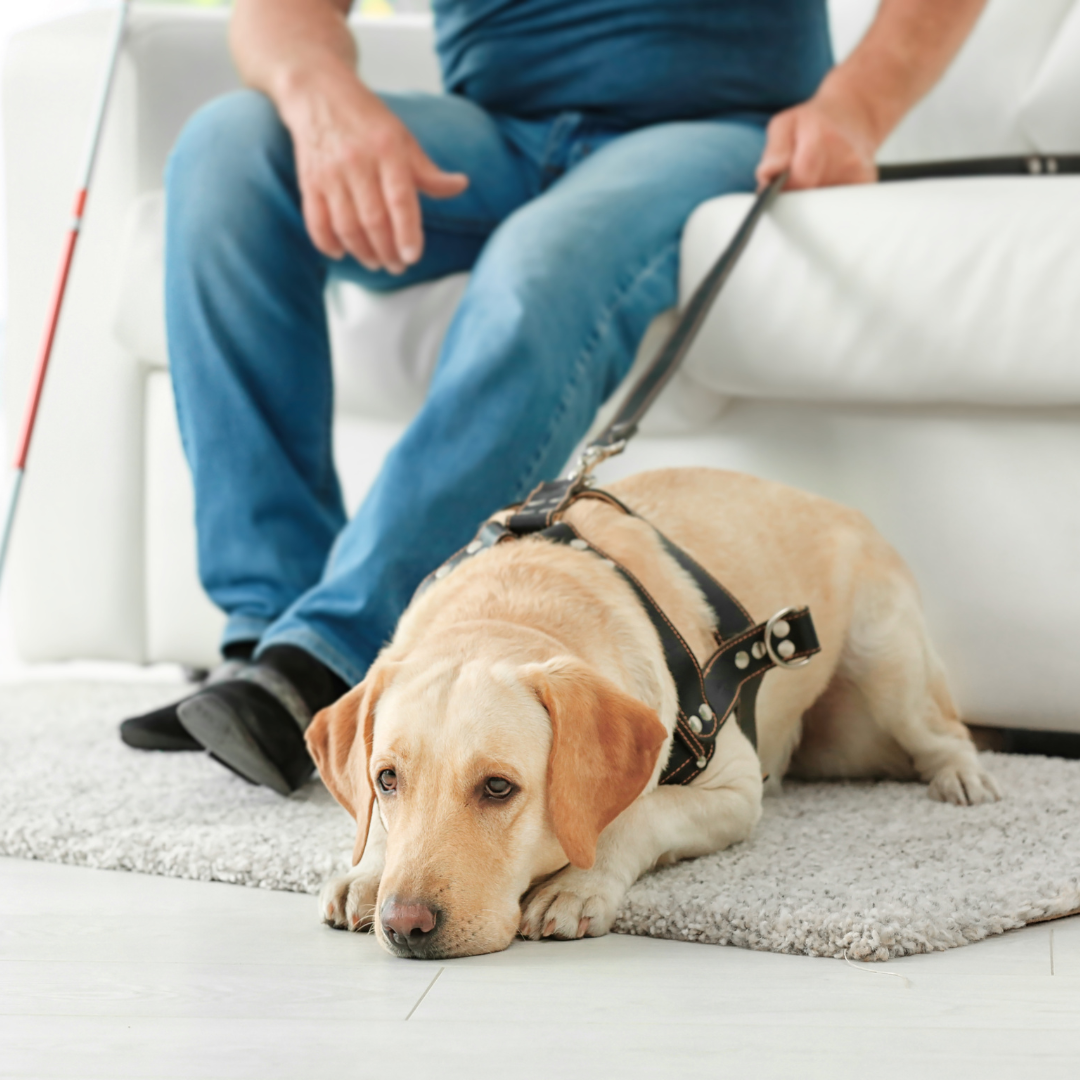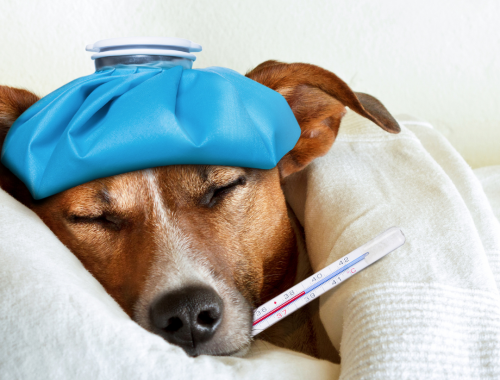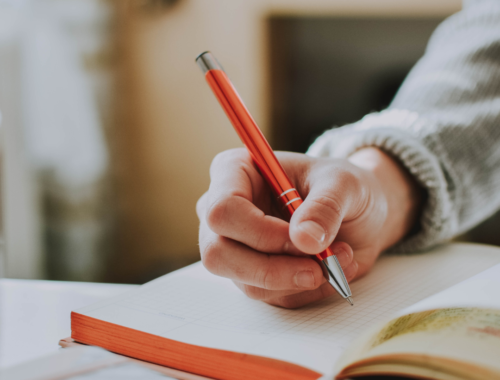
How to Train A New Puppy
As new dog owners, it will be a struggle to train our furry little friends. Training a puppy can be challenging, but it’s also gratifying. Watching our pup grow and learn new things, we’ll feel proud of our accomplishments together.
This blog post will share tips and tricks to train our new puppy effectively. From potty training to basic commands, we’ve got it covered! So let’s grab a treat (for both us and our pup) and get started on this exciting journey of pet ownership!
The Importance of Early Training
Training our new puppy is an important task and should start soon. Failure to adequately train or socialize your puppy can result in serious accidents like dog bite injuries, for which affected victims have the legal right to seek skilled attorneys on websites like warfornash.com to fight their case. If your dog is deemed dangerous, it may lead to legal consequences such as fines, ownership restrictions, or even euthanasia in extreme cases. Puppy training can be a long and challenging process, but with patience and effort, we can ensure our pup learns the rules of our home quickly.
There are a few things to keep in mind when training our pup. Keep the puppy’s safety in mind first and foremost at all times. Ensure we use positive, effective, safe reinforcement methods for the pup. Be consistent with the training methods. If we start strong, the pup will most likely learn what is expected of them sooner rather than later.
Remember that puppies develop at different rates depending on their age and personality. Don’t get frustrated if our pup takes longer to learn some concepts than others; just be patient and continue working with them until they have mastered the basics.
Understanding a Puppy’s Developmental Stages
When we bring home our new puppy – such as one bought from a reputable breeder like those at schwartzfamilyweimaraners.com – there will be a lot of new information to take in. Not only are we introducing a new family member, but also the training and socialization process. Puppyhood is an exciting time for our pups as they learn about their world and grow into their new persona. Here we’ll outline some behavioral milestones puppies go through during this stage.
Puppies start by being very curious and exploratory. They will explore everything around them, including our house, furniture, and toys. This phase can frustrate parents as they want their pup to settle down and stay put!
As puppies grow older, they develop better control over their movements and focus more on what’s happening around them. This is when housebreaking becomes essential – provide plenty of interesting activities and toys for our pup to keep them occupied, so they don’t get antsy or destructive.
Another important milestone during puppyhood is socialization. Puppies must learn to interact with people, animals, and familiar objects. Spending time with other people and pets introduces puppies to different sounds, smells, textures, and movements.
This helps them develop healthy social habits as they go into adulthood. It’s also essential for puppies to learn how to behave around dangerous objects such as sharp edges or hot surfaces – accidents can happen if they need to be properly trained from a young age!
Basic Commands and Training Techniques
When bringing a new puppy into our home, we must understand common commands and training techniques.
Puppies must be taught basic commands such as sit, stay, come, and down. These commands will help them obedience train in the future. It is also important to socialize with our puppy as soon as possible.
This means exposing them to different people, places, and things, so they learn how to behave around other people and animals. Properly socialized puppies will be less likely to have behavioral issues in adulthood.
Some other common training techniques used with puppies include rewarding them for good behavior and punishing them for bad behavior. Rewards can take many forms, such as treats or playtime; while punishments can involve sending the puppy away from us or yelling at them.
It is important to use rewards and punishments positively so that the puppy associates positive actions with tips and negative actions with punishment. Otherwise, the puppy may fear rewards and punishment instead of enjoying them.
Alternatively, you may approach dog training services for ensuring your dog behaves appropriately. Professional trainers at these places use science-based training methods to teach commands, improving the communication between a dog and its owner. Therefore, you may approach Fusion Dog Training or similar others who provide expert services to train dogs for a better interaction in public places, making them more enjoyable companions.
Consistency and Patience
To create a puppy that is obedient and reliable, we must be consistent and patient with our training. Training puppies can be challenging, but with patience and consistency, our pup will soon follow our commands without question.
Make sure that our training environment is calm and consistent. This will help avoid negative reinforcement (a consequence that worsens the behavior), one of the most common mistakes people make when training their puppies.
Create clear boundaries in our home so that our pup knows where they are allowed and not allowed. This will help them understand what is expected of them, and it will also help to prevent them from getting into trouble.
Be patient with our pup throughout the training process. They may need help understanding everything immediately but will learn to behave properly with time and patience. With these tips, a puppy will soon obey every command and become a reliable family member.
However, sometimes the challenges of training a new puppy can be overwhelming and that’s when taking the help of a professional dog trainer can be important. Professional trainers can offer programs and personalized advice that can improve our home training efforts. You can read this guide on Considerations when engaging a dog trainer, which offers insights into what to look for and how to make the best of dog training. By understanding these considerations, we can ensure that we choose the right trainer for our puppy’s needs.
Advanced Training and Beyond
Check out these five advanced training methods to continue our puppy’s education beyond basic obedience training.
Clicker Training
This type of training uses a small object, such as a clicker, to reinforce desired behavior. By clicking when our pup performs the desired action, we provide positive reinforcement and help him learn what he should do next.
Puppy Potty Training
To prevent accidents in the house, start early by teaching our pup how to go outside when he needs to go. After a few weeks of practice, put a potty in one corner of the room and give our pup an “outside” cue whenever he needs to go. When he’s done using the potty, bring him back inside and treat him.
Sensitivity Training
During this training, we use gentle physical techniques like petting or brushing against our pup to elicit a response that will help him learn about his social environment. For example, if we want our pup to sit down after being thrown a toy, pet him on the back until he sits down-even if it means he starts crying.
Obedience Training
This type of training helps puppies develop good behavior skills, like staying away from dangerous objects, going to the bathroom outside, and not chewing on furniture. Obedience classes are a great way to supplement our home training and get our pup socialized with other people and dogs.
Pawsome Puppy Training
As a new dog owner, there are many things to learn about training our new furry friend. We have outlined some essential tips to help us get started and ensure our puppy gets the best possible training. Be patient with them; puppies need time to learn their manners and understand what is expected of them.
And most importantly, never use physical punishment when training our puppy – this will only create resentment and hostility towards us in the future. If we take these steps and follow through with consistent discipline, our puppy should be learning how to behave correctly in no time at all.
You May Also Like

Signs of Dog Illnesses You Need to Bear in Mind
November 16, 2022
Want to Become a Blogger? You May Be Thinking – Is Blogging Worth It?
February 17, 2023


